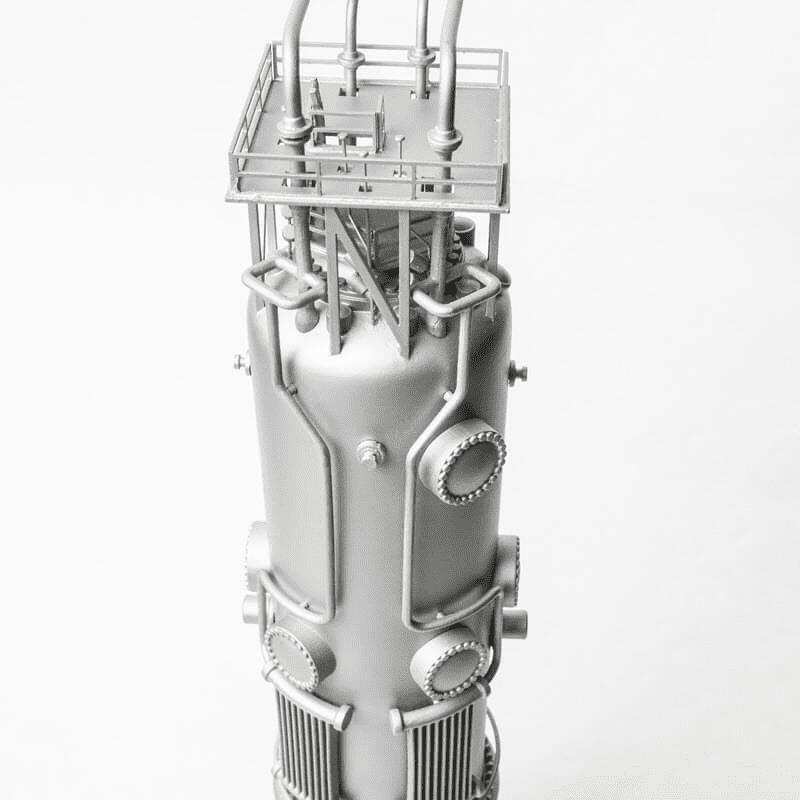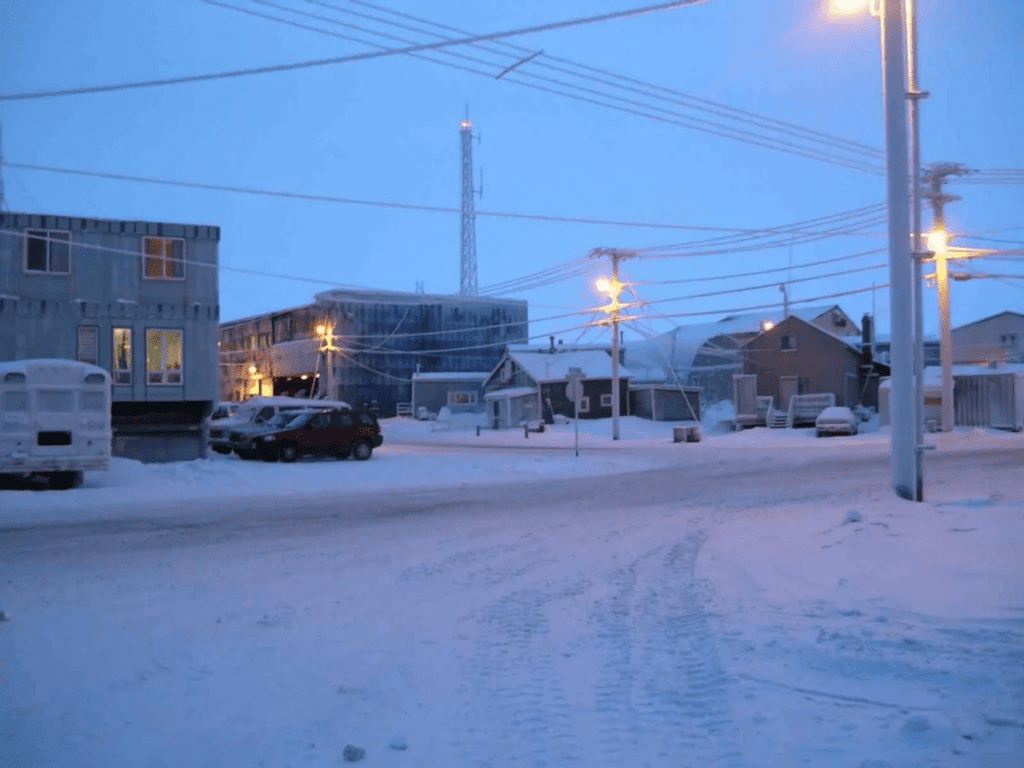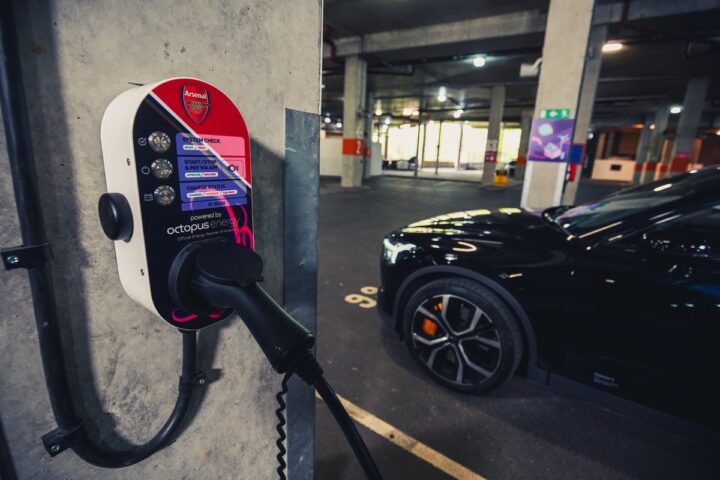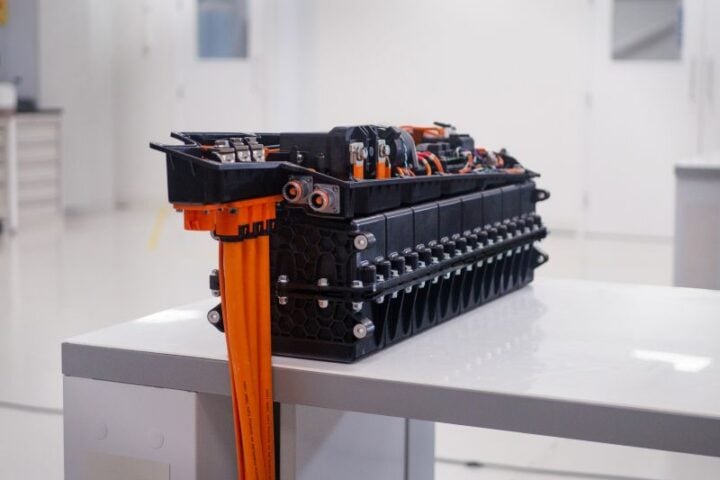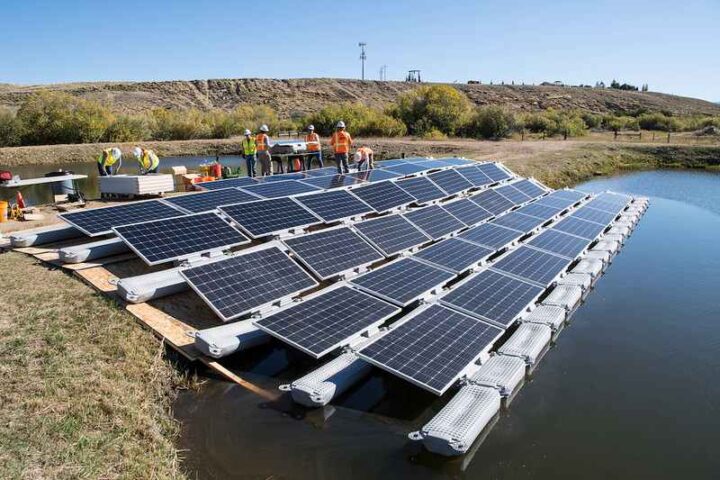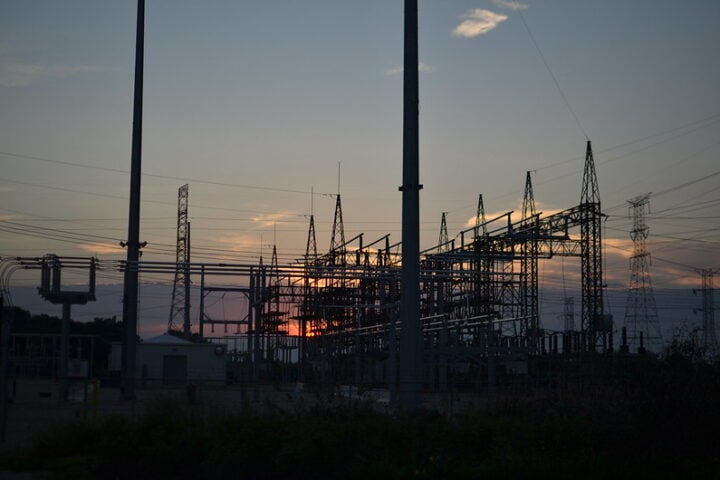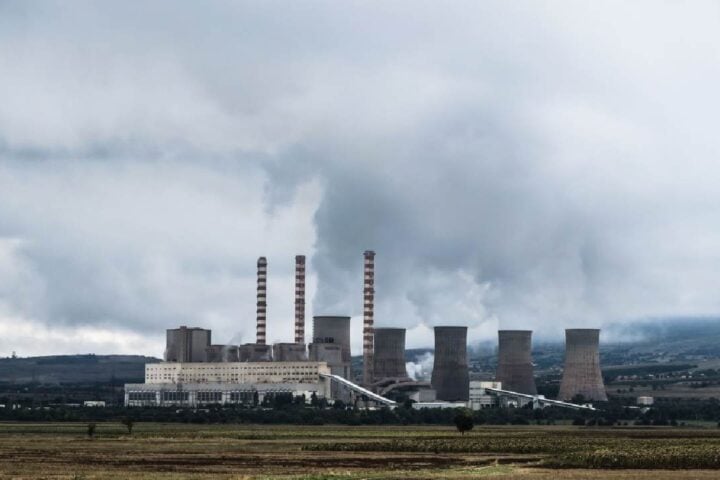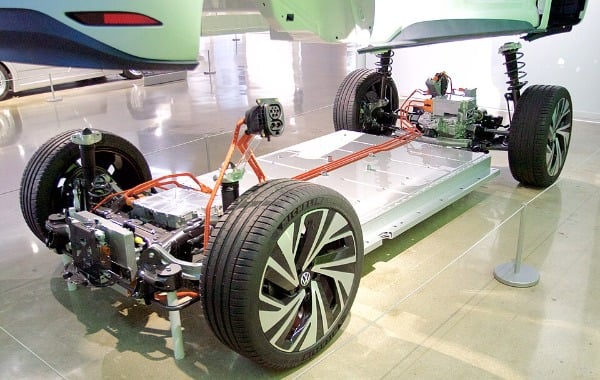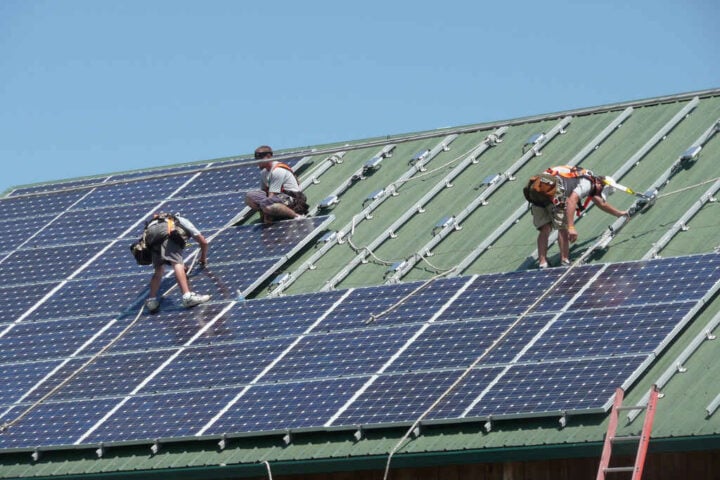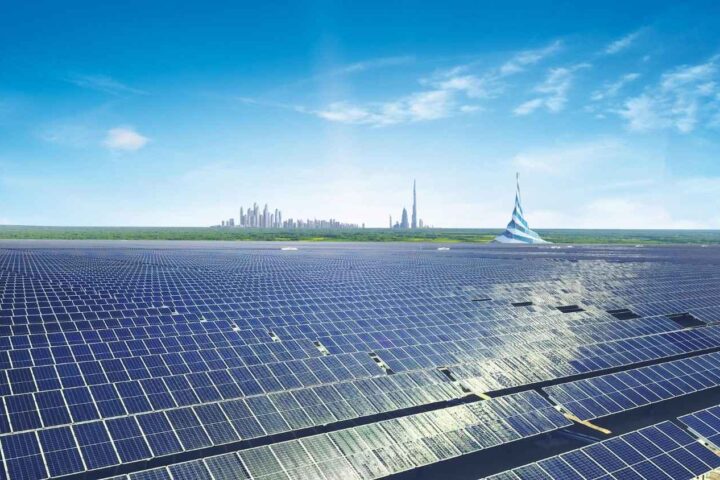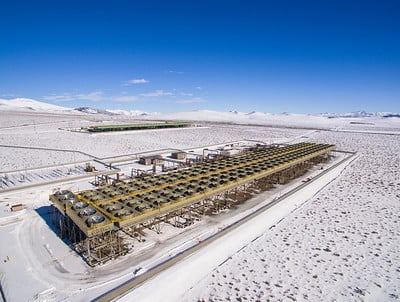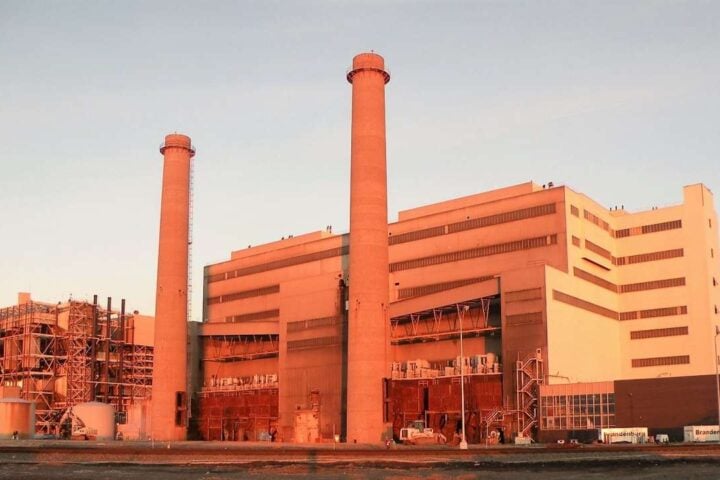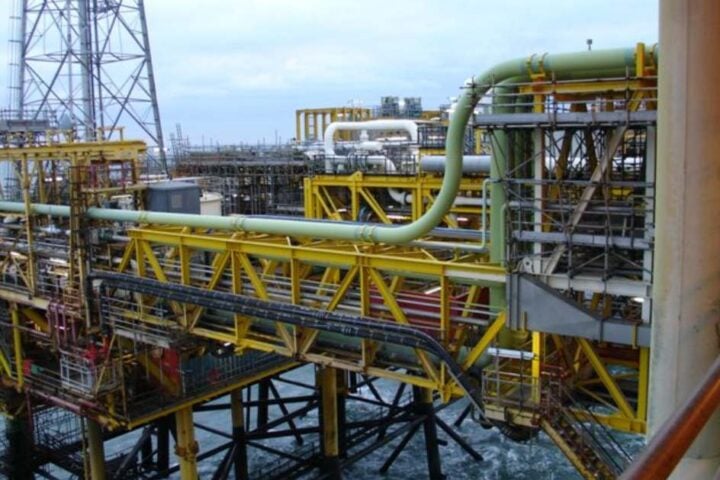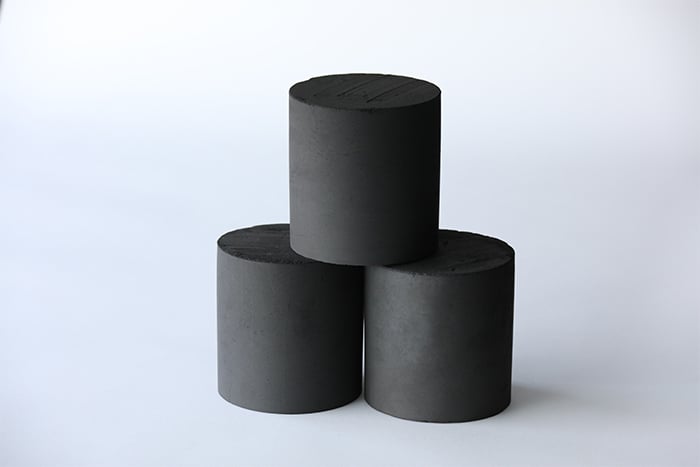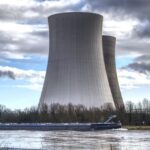A certification of a design for an advanced small modular reactor (SMR) has been granted a green signal by the US Nuclear Regulatory Commission (NRC). The power companies are allowed by this certification to select this advanced reactor design when applying for a license to construct & run a new power plant. This is a major endorsement for a potential solution to climate change that is still met with skepticism among environmentalists. This is the beginning of an entirely new generation of nuclear reactors. “SMRs are no longer an abstract concept”, said Assistant Secretary for Nuclear Energy Kathryn Huff in a Department of Energy press release. However, it remains to be seen if these advanced reactors can overcome the obstacles that conventional nuclear power plants have faced. There is still a long way to go with testing & research.
The Biden administration aims to implement carbon-free energy to meet its climate objectives, while supporters of nuclear energy are pushing to bring the technology out of the laboratory & into the real world. The supporters of nuclear energy argue that nuclear plants,which don’t produce greenhouse emissions, can provide vital support for solar & wind energy that varies with the weather. Due to their small & modular design (meaning they can be manufactured in a factory), these next-generation reactors are believed to be less expensive & easier to construct & locate than traditional nuclear power plants. The NRC-certified design is roughly one-third the size of a conventional reactor & is based on a concept that originated at Oregon State University in the early 2000s. The Department of Energy (DOE) has provided over $600 million to the company that emerged from that research project, NuScale Power, & other advanced reactor concepts to develop the technology since 2014.
The Nuclear Regulatory Commission (NRC) has granted certification for the design of an advanced small modular reactor (SMR) for the first time. This certification allows utilities to use this advanced reactor design when applying for licenses to build & operate new power plants. The NRC’s approval is a significant step forward for a potential solution to climate change that has been met with some skepticism from environmentalists. The DOE & NuScale are currently collaborating with Utah Associated Municipal Power Systems to construct a demonstration power plant using these SMRs. The first module is expected to be operational in 2029, with the remaining modules becoming fully operational the following year. The approved design can generate up to 50 MW of electricity; however, NuScale has requested to increase that to 77 MW. The demonstration plant will be constructed in Idaho, with six modules collectively generating 462 MW. Despite the project facing rising costs, the DOE & NuScale are determined to push forward with this innovative technology in the hope of providing a reliable carbon-free energy source.
- Senate’s Student Loan Overhaul Adds 10 Years to Repayment and Caps Graduate Borrowing at $100,000
- AI Chatbots Generate 88% False Health Information When Manipulated, New Study Warns
- Australia Issues Terror Warning for Thailand: 11 Explosive Devices Found in Popular Tourist Areas
- Space Station Crosses Sun During Solar Flare: McCarthy’s ‘Kardashev Dreams’ Photo Stuns Viewers
- Bank of England’s First Major Banknote Redesign Since 1970 Seeks Public Input on £86 Billion Currency
The US Nuclear Regulatory Commission (NRC) has taken a crucial step in advancing small modular reactors (SMRs) by certifying the design for an advanced SMR. This marks a significant milestone for the technology, which is still considered controversial by some environmentalists. Despite this, certification allows utilities to select the advanced reactor design when applying for a license to build & operate a new power plant.
The NRC’s approval represents a breakthrough for a new generation of nuclear reactors, but there is still much work to be done before the technology can be fully implemented. The DOE & NuScale are collaborating with Utah Associated Systems to construct a demonstration power plant with small modular reactors. While the first module is expected to come online in 2029, the project has already faced cost increases, & there are still a number of challenges to be assessed, including public safety concerns, securing nuclear fuel supply chains, & finding solutions for nuclear waste disposal.
